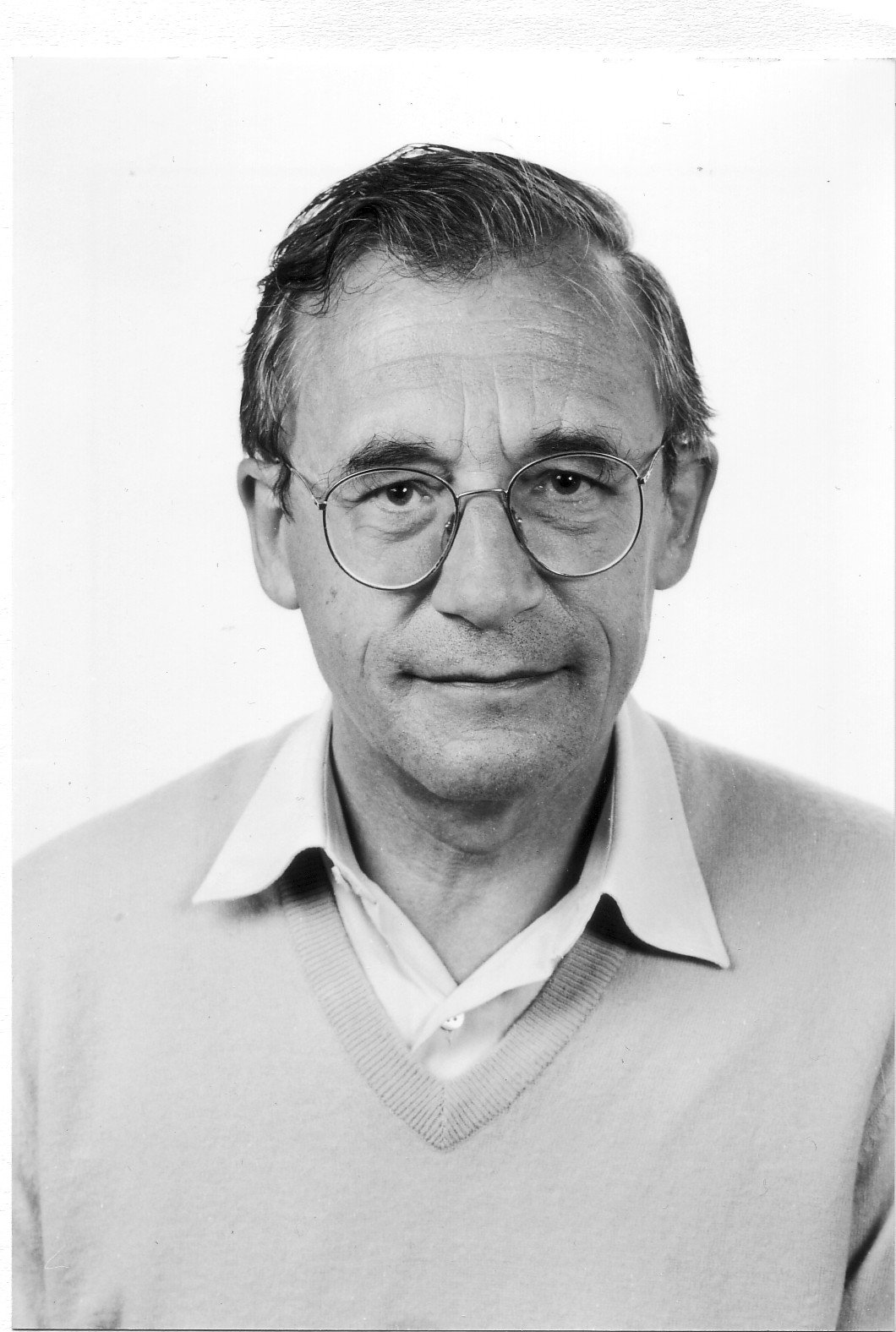
Erhard Scheibe (1927-2010)
Erhard Scheibe was born in Berlin on September 24, 1927, a few days after the physicist Niels Bohr gave his famous “Como” lecture. Indeed, philosophical problems concerning the relations between quantum mechanics and classical physics stood at the centre of Scheibe’s work throughout his life. In 1946, he began to study mathematics and physics in Göttingen, where he belonged to the circle of young scholars gathered around Werner Heisenberg and Carl-Friedrich von Weizsäcker. In 1955, he there received his doctorate with a thesis in mathematics. Then he was working with Heisenberg at the Max Planck Institute for Physics in Göttingen. In 1957, he proceeded to Hamburg as von Weizsäcker’s assistant. He obtained his Habilitation in 1963 in Hamburg with a philosophical study of quantum mechanics, Die kontingenten Aussagen in der Physik [The Contingent Propositions of Physics] (Athenäum, 1964). From 1964 to 1982 was a full Professor of Philosophy at Göttingen, and from 1982 to his retirement in 1992, at Heidelberg. In 1973, he published The Logical Analysis of Quantum Mechanics (Pergamon Press, 1973). His lectures and essays covered themes from the concept of cause to scientific explanation, from Leibniz to Kant, from the laws of physics to the laws of nature, from the structure of physical theories to the progress of physics, not to mention the many technical articles on quantum mechanics and special or general relativity. Scheibe’s reputation grew. He became, not just one of the most important philosophers of the exact sciences, but the one who shaped the philosophy of physics in the German speaking world. In 1977, he became a full member of the Academy of the Sciences of Göttingen. In 1979-80, he was a fellow at the Center for Interdisciplinary Research (ZIF) at Bielefeld and at the Center for Philosophy of Science in Pittsburgh. In 1982, he became a corresponding member of the Academy of Science and Letters of Mainz, and of the Académie Internationale de la Philosophie des Sciences. In 1987, he spent the winter term as an invited professor at the University of California in Irvine. In the academic year 1987/88, he was a fellow at the Wissenschaftskolleg [Institute for Advanced Studies] in Berlin. In 1988, he held the Presidency of the Leibniz Committee of the Academy in Göttingen. From 1989 to 2002, he was a member of the Editorial Board of the journal Philosophia Naturalis. After his retirement in 1992, he published a monumental investigation of the unity of physics in the face of incommensurable theories, Die Reduktion physikalischer Theorien. Ein Beitrag zur Einheit der Physik [The Reduction of Physical Theories. A Contribution to the Unity of Physics] (Springer, Vol. I: 1997, Vol. II: 1999). A collection in English of Scheibe’s most important papers and lectures followed, making a great deal more of his work accessible to the English speaking philosophical world. Between Rationalism and Empiricism: Selected Papers in the Philosophy of Physics (Springer, 2001). In 2003, Erhard Scheibe was made an honorary member of the Gesellschaft für Analytische Philosophie (GAP). His final book, Die Philosophie der Physiker [The Philosophy of the Physicists] (Beck, 2006, 2007), was wrested from the ravages of an increasingly debilitating illness, and Scheibe passed away on January 7, 2010, in Hamburg. (See The Philosopher of the Physicists. The Legacy of Erhard Scheibe. In: General Journal for Philosophy of Science 42 (2011), 1-15.)(Brigitte Falkenburg)